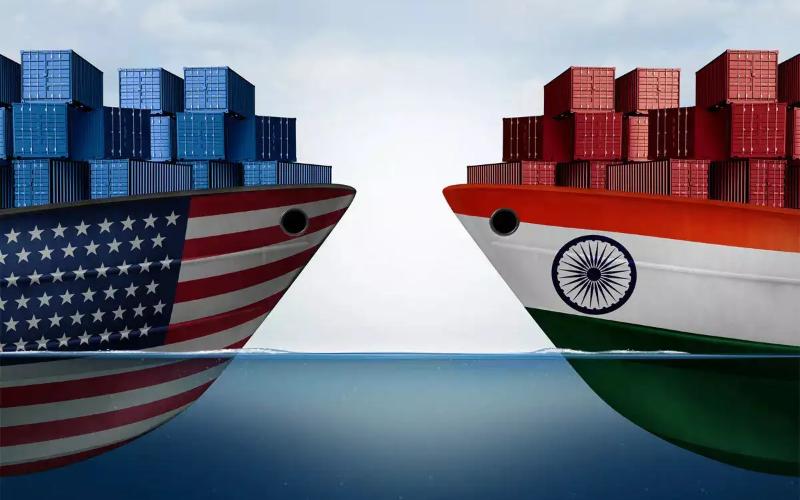India's Firm Stance in Trade Talks with the US: A Balancing Act
Sourse: economictimes.indiatimes.com
India resists US demands in BTA, with Trump imposing additional tariffs on Indian imports from August 7.

India has adopted a stern approach towards the proposed bilateral trade agreement (BTA) with the United States, specifically on duty concessions concerning agricultural products, dairy, and genetically modified foods. With the US yet to finalize a deal, President Donald Trump has announced an additional 25% import duty on Indian goods entering US markets starting August 7. The negotiations, initiated in March 2025, aim for a fair and mutually beneficial agreement, potentially pushing bilateral trade to $500 billion by 2030 from the current $191 billion. Major demands include duty concessions on various goods, while India seeks tariff reductions on sectors pivotal to its economic growth.
Currently, India imposes an average import duty of 17% compared to the US's 3.3%. The new duty, effective August 7, further complicates India's trade scenario, especially impacting labor-intensive sectors. India's reluctance to yield stems from domestic concerns. The agriculture sector supports over 700 million people, making the introduction of cheap US grains a threat during global price declines. Similarly, India's dairy policies, grounded in religious and socio-economic sensitivities, remain non-negotiable. Resistance to GM foods also reflects India's caution, as allowing certain imports could disrupt its agricultural export relations, notably with the EU.
Trade Details: - India's average import duty: 17% - US average import duty: 3.3% - New US import duty on Indian goods effective August 7: 25%
Exemptions: - Pharmaceutical, electronics, and energy products Understanding India's stance is crucial as it navigates safeguarding its economy while attempting to enhance trade relations with a formidable partner like the US.
Currently, India imposes an average import duty of 17% compared to the US's 3.3%. The new duty, effective August 7, further complicates India's trade scenario, especially impacting labor-intensive sectors. India's reluctance to yield stems from domestic concerns. The agriculture sector supports over 700 million people, making the introduction of cheap US grains a threat during global price declines. Similarly, India's dairy policies, grounded in religious and socio-economic sensitivities, remain non-negotiable. Resistance to GM foods also reflects India's caution, as allowing certain imports could disrupt its agricultural export relations, notably with the EU.
Trade Details: - India's average import duty: 17% - US average import duty: 3.3% - New US import duty on Indian goods effective August 7: 25%
Exemptions: - Pharmaceutical, electronics, and energy products Understanding India's stance is crucial as it navigates safeguarding its economy while attempting to enhance trade relations with a formidable partner like the US.
Key News of the Week










